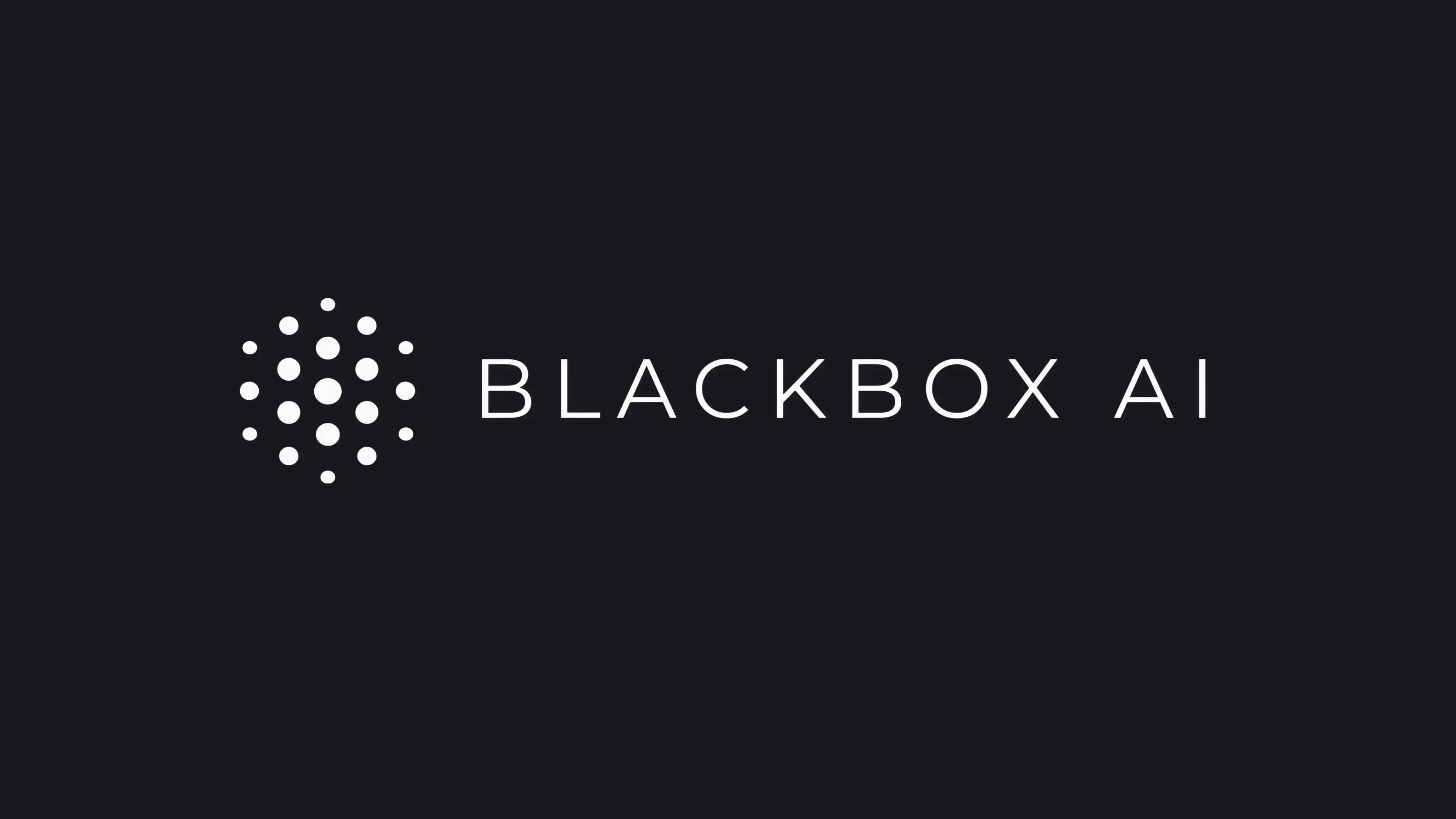Published on May 24, 2025
What Is Hugo? A Complete Guide to Understanding the Popular Static Site Generator

Hugo is one of the most popular and widely used static site generators (SSGs) in the world. With its ability to build fast, secure, and easy-to-maintain websites, Hugo is a favorite choice for many web developers, designers, and companies looking to have high-performance websites. This article will take a deep dive into what Hugo is, how it works, and why you should consider it for your web projects.
What Is Hugo?
Hugo is a static site generator written in the Go programming language. Like other SSGs, Hugo is used to create static websites, which are sites that do not require a server to process user requests or run application logic. Instead, Hugo generates HTML, CSS, and JavaScript files that can be directly served by the web server to site visitors.
The main advantages of static websites are their speed and security. Since there is no server-side processing required, websites generated by Hugo can be accessed very quickly. Furthermore, since there is no database or server-side scripting involved, the potential for security attacks is also much lower.
How Does Hugo Work?
Hugo works by taking the content you write in Markdown and combining it with templates you create using the Hugo templating language. Hugo then generates static HTML pages that can be hosted on a web server or static hosting service like GitHub Pages, Netlify, or Vercel.
The Hugo process can be broken down into several steps:
- Writing Content: You write the content for your site in Markdown files. Markdown is a simple, easy-to-read markup language that lets you write formatted text like headings, lists, and links without having to write HTML directly.
- Creating Templates: Hugo uses a special templating language to define how your content will be displayed. These templates can control the layout of the page, add elements like headers and footers, and define the navigation of the site.
- Site Configuration: You can also configure your site through Hugo’s configuration files, which are typically named
config.toml,config.yaml, orconfig.json. Here, you can set things like the base URL of your site, the theme you’re using, and SEO settings. - Build Site: Once your content and template are ready, Hugo will process everything and generate a static website. This process is very fast, even for large sites.
Advantages of Using Hugo
Hugo offers several advantages that make it stand out compared to other static site generators. Some of them are:
1. Speed
Hugo is known as one of the fastest static site generators in the world. Hugo can generate thousands of pages in seconds, making it perfect for large websites that need quick updates. This is possible because Hugo is written in the Go language, which is known for its fast execution performance.
2. Ease of Use
Although Hugo offers many advanced features, it remains easy to use even for beginners. Hugo supports the Markdown format for content writing, which is very easy to learn and use. In addition, Hugo also provides a lot of documentation and guides to help new users get started.
3. Flexibility and Scalability
Hugo is very flexible and can be used to build various types of websites, from personal blogs to large corporate websites. Hugo supports a wide range of templates and allows you to create highly customized layouts. In addition, Hugo is also very scalable. Since the generated sites are static, you can easily duplicate and deploy your site to multiple servers without having to worry about performance.
4. SEO and Security
Static websites generated by Hugo are highly SEO friendly as their content can be easily indexed by search engines. Also, since there is no backend or database to manage, the generated sites are much more secure from attacks like SQL injection or server-side scripting vulnerabilities.
5. Extensive Theme Support
Hugo has an active community and many developers contribute by creating themes that can be used. These themes can be used out of the box or customized to your needs. With a wide range of themes to choose from, you can quickly start your web project without having to build everything from scratch.
6. Integration with Other Development Tools
Hugo can be integrated with various other development tools like Git for version management, CI/CD tools for deployment automation, and static hosting services like Netlify or Vercel. This makes the development workflow more efficient and structured.
When to Use Hugo?
Hugo is a great choice if you need a fast, secure, and easy-to-maintain website. Some scenarios where Hugo is a great fit are:
- Blogs and Portfolio Sites: Hugo is great for personal blogs or portfolio sites because of its ease of managing content and speed in generating web pages.
- Documentation Sites: Many tech companies use Hugo to create their product documentation sites. This is because Hugo supports complex content structures and can produce sites that are easy for users to navigate.
- Corporate Websites: If you need a high-performance, secure corporate website, Hugo is a great choice. You can create a website that is customized to your company’s needs without sacrificing speed or security.
- Open Source Projects: Hugo is often used in open source projects because it is lightweight and easy for distributed teams to maintain.
Conclusion
Hugo is a powerful and versatile static site generator, offering speed, flexibility, and security that is hard to match with other technologies. With its many advantages, Hugo is an excellent choice for a wide range of web projects, from personal blogs to large corporate websites. If you are looking for a solution to build a website that is fast, secure, and easy to maintain, then Hugo is the right tool for you.
With Hugo, you can focus on the content and design of your site without having to worry about performance or security issues. With an active community and comprehensive documentation, Hugo is also very easy to learn, even for novice web developers.
That’s all the articles from Admin, hopefully useful… Thank you for stopping by…




